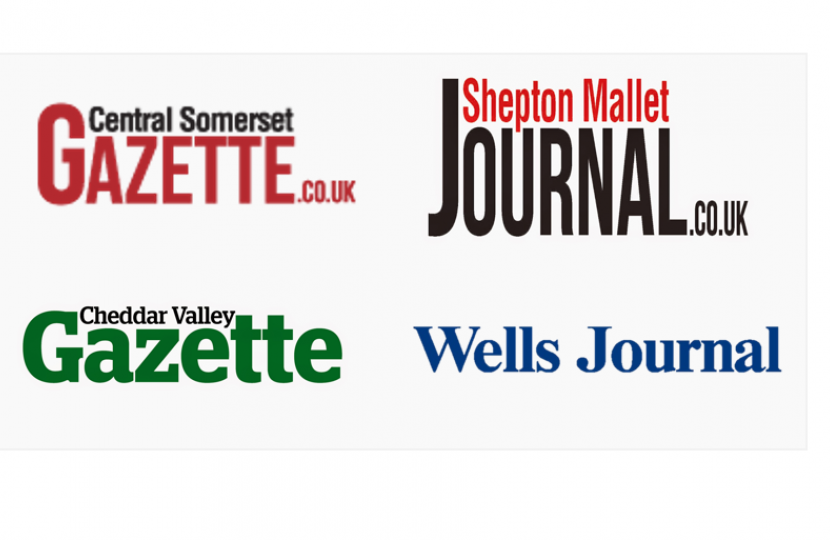
This week is the Royal Bath & West Show and so an opportunity to showcase the amazing agricultural heritage of our county. I know that during my visit I’ll be meeting lots of farmers and who have questions about Brexit; particularly the replacement for the subsidy delivered through the Common Agricultural Policy. I’ll also be keen to discuss how we decarbonise farming without quashing demand for meat and dairy or creating an environmentally focussed subsidy regime that many smaller farmers in Somerset would struggle to access.
These are big issues and increasingly are conflated in the debate at Westminster. It is fashionable to talk about ‘Net Zero’ in terms of reducing greenhouse gas emissions and the Environment Secretary Michael Gove has shown real interest in a subsidy framework that rewards those who are delivering an environmental benefit through the way they manage their land. The latter makes a lot of sense in many ways. Subsidy could be given to farmers who use their land for attenuation purposes in order to reduce the flood risk elsewhere in the catchment. Others could receive subsidy for planting woodland which could offset carbon emissions elsewhere.
However, it is not straight forward and, like any new policy suggestion, there would be winners and losers. My job is to understand the wider benefits of an environmentally based subsidy regime whilst also wanting to understand exactly what that would mean for the many hardworking – but just about managing – farmers in my constituency. I don’t mind subsidy reform and I certainly don’t mind subsidy being used as a lever to stimulate better stewardship. But I do mind anything that puts our farmers at a competitive disadvantage or incentivises them to stop farming altogether.
Believe it or not, cow farts are a big polluter. The key is through their feed or through offsetting to mitigate that and to make sure that quality Somerset meat, cheese and milk remains an important part of the British diet for centuries to come.
